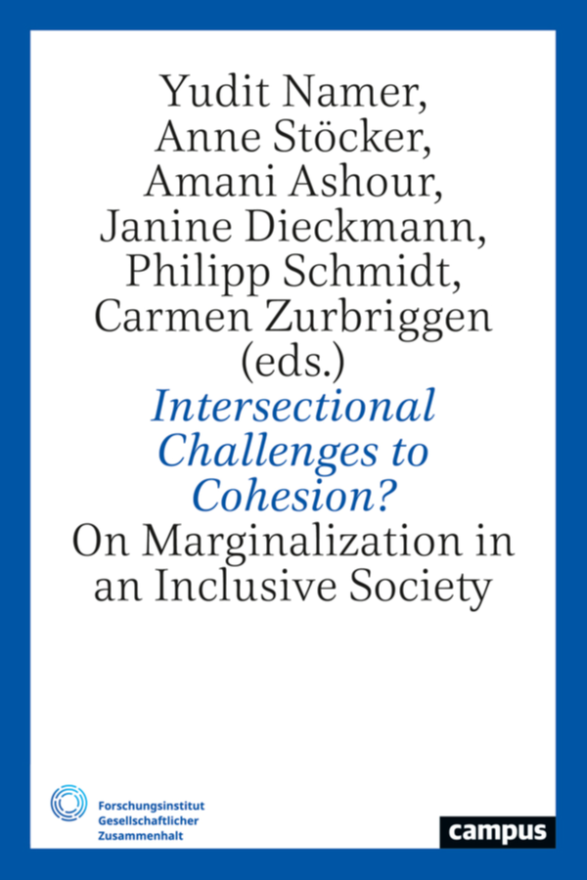(Unchosen) Cohabitation and More-Than-Human Intersectional Proximities
Abstract

In Germany and many other (Western) societies, social cohesion has come to be seen as brittle or in decline. According to El-Mafaalani (2021), this is partly due to gains in social equality that have resulted in grievances among some parts of society, these can be exploited by anti-democratic leaders, contributing to the global phenomenon of democratic backsliding (Carothers and Press 2022). In this context, Hark (2021) has proposed the notion of cohabitation to ponder how both democracy and universal care may potentially pose a new basis for social cohesion. In this article, we argue that intersectionality is important, and our proposed concept of intersectional proximities uniquely instrumental for thinking about cohabitation, but also solidarity and allyship. We introduce a variety of examples taken from Human Animal Studies as well as the Israeli solidarity with Palestinians, that show how proximity between groups or individuals, who are differently positioned in structures of discrimination influences how each other is affected by those structures – sometimes by transferring certain aspects, images and discrimination – and experiences these effects.
Sources
Ashour, Amani und Janet-Lynn Holz. 2024. (Unchosen) Cohabitation and More-Than-Human Intersectional Proximities. In: Intersectional Challenges to Cohesion? On Marginalization in an Inclusive Society, hg. von Yudit Namer, Anne Stöcker, Amani Ashour, Janine Dieckmann, Philipp Schmidt und Carmen Zurbriggen, 37–52. 1. Aufl. Gesellschaftlicher Zusammenhalt 7. Frankfurt: Campus, 19.06.2024. url: https://www.campus.de/buecher-campus-verlag/wissenschaft/soziologie/intersectional_challenges_to_cohesion-17944.html.
